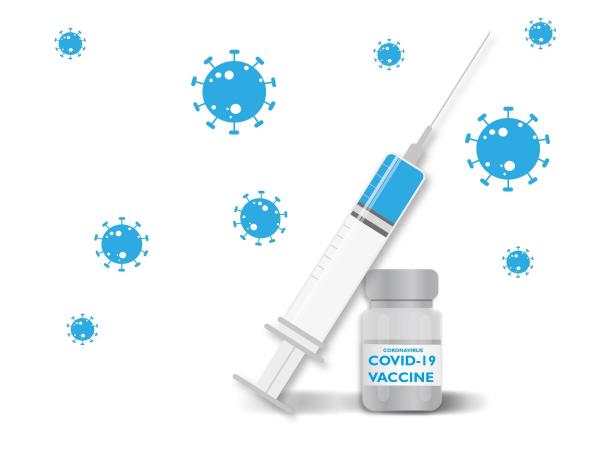Extra Doses
Like the vials for all liquid medications, the vaccine vials contain slightly more volume than the label indicates. This "overfill" is meant to account for medication lost in administration. For an injectable, the volume lost is that which remains in the syringe and needle tip after you push the plunger down – dead space.
Clever pharmacists have been using special, low-dead space syringes and needles, which are in short supply, to extract a precious sixth dose. One of the new Administrations' uses of the Defense Production Act is to ramp up the production of syringes. BioNTech, Pfizer's vaccine partner, is giving away 50 million of the dead-space needles to "to countries struggling to extract a sixth dose from vials" and allow more vaccine to be administered from current supplies. Pfizer wants those extra doses to count towards the U.S. purchase agreement for 200 million doses.
Pfizer goes to the FDA
When the FDA provided Emergency Use Authorization (EUA) for the Pfizer vaccine, it also authorized the vials and the number of doses within each vial – five. For Pfizer to be credited for that sixth dose, it had to have the EUA revised.
"On Jan. 6, Pfizer got what it wanted. The F.D.A. changed the language in its fact sheet for doctors to confirm that the vials contain a sixth dose. The change mirrored similar labeling updates by the World Health Organization and the F.D.A.'s counterpart in the European Union."
The change in wording immediately increased the number of available doses by roughly 20%. It reduced the number of vials, not doses that Pfizer is required to provide to the U.S. As the Times reports, that change is part of Pfizer's improved forecast that it will produce 2 billion rather than 1.2 billion doses this year.
I do not know what is in Pfizer's heart; it is a meaningful change to rapidly increase vaccine supply. But it seems in another way to be profiteering from an innovative change in syringes. It makes for some bad optics. It is also reminiscent of a similar dose-volume problem involving eye-drops.
Eye-Drops Doses or Volume
The volume versus doses in a vial concern was the subject of a class-action suit brought by patients using expensive eye drops for glaucoma. Because of how droppers form drops and how inevitably some volume is lost getting into your eye, there is a more generous volume in the bottles than calculated knowing the prescribed dosage. Patients, the plaintiffs, claimed that there was a lot of expensive medication running down their eyes. You can find my original coverage of this issue and more than you will ever want to know about drop formation here.
In both the case of vaccine and eye-drops, we are talking about built-in overfill. In the case of eye-drops, patients claimed lost doses; it is the manufacturer’s lost doses for vaccines. In the case of eye-drops, as in vaccines, the lawyers argued that the vials or bottles are sold based upon doses, not volume. No party alleged a physical injury; patients alleged a financial injury; now manufacturers are making that claim. In the eye drop case, the pharmaceutical defendants rightly argued that to make these changes would require them to return to the FDA for a new authorization. It seems this was not as great a hurdle for vaccines as the lawyers claimed for eye drops.
I am grateful to Pfizer and all the other pharmaceutical companies and their employees to quickly develop and scale up a vaccine for COVID-19. I am thankful for an ingenious solution that lets us get more vaccinations per vial than we thought reasonable. What I find disquieting is that at this moment, arguably a wartime moment, that an American company would quibble over the issue of how to treat that ingeniously recovered extra dose. Others might argue that our government's bureaucracy would waste all those extra doses, I would prefer to believe that they would find a home in the arms of those in other nations unable to obtain the vaccine.




